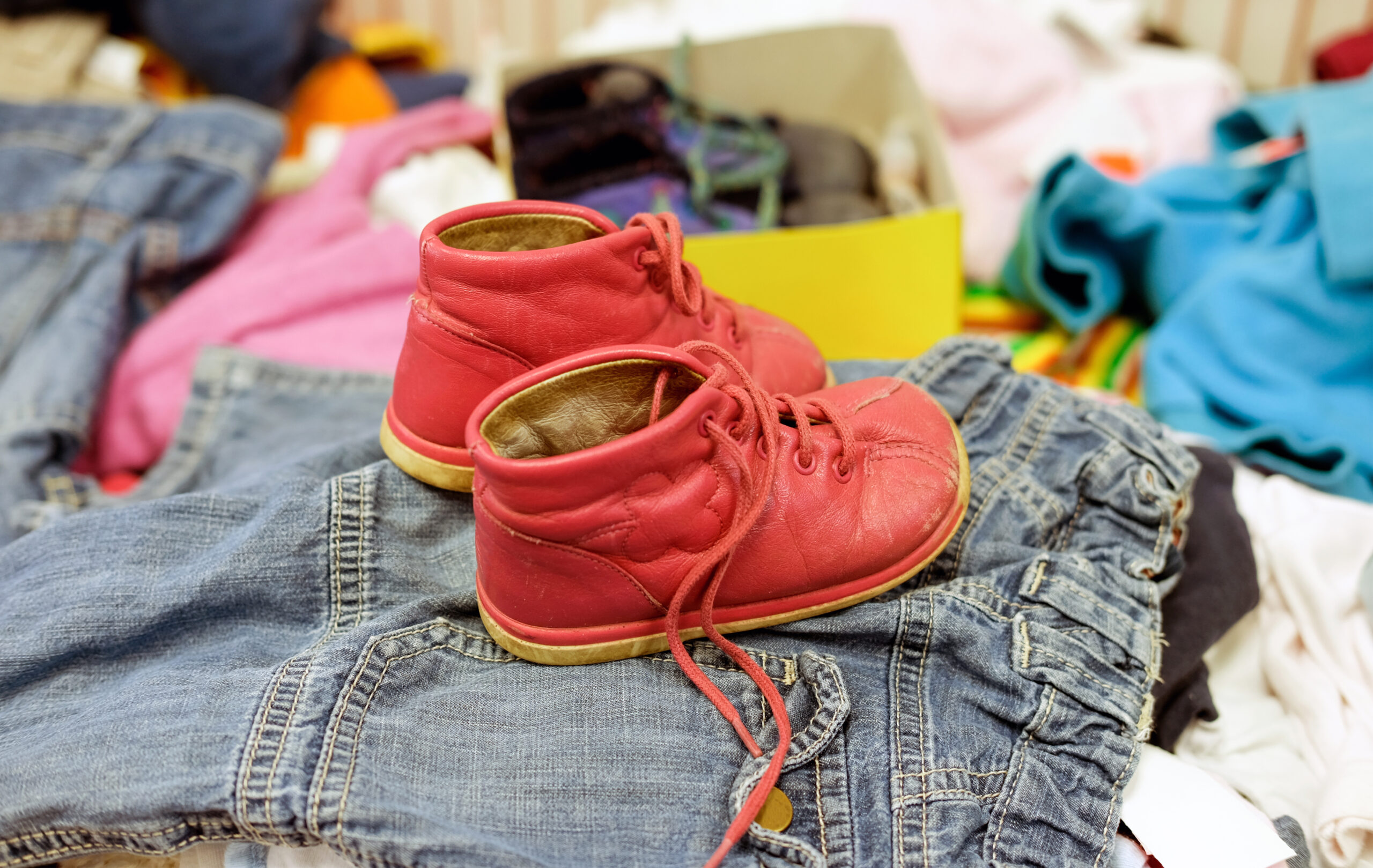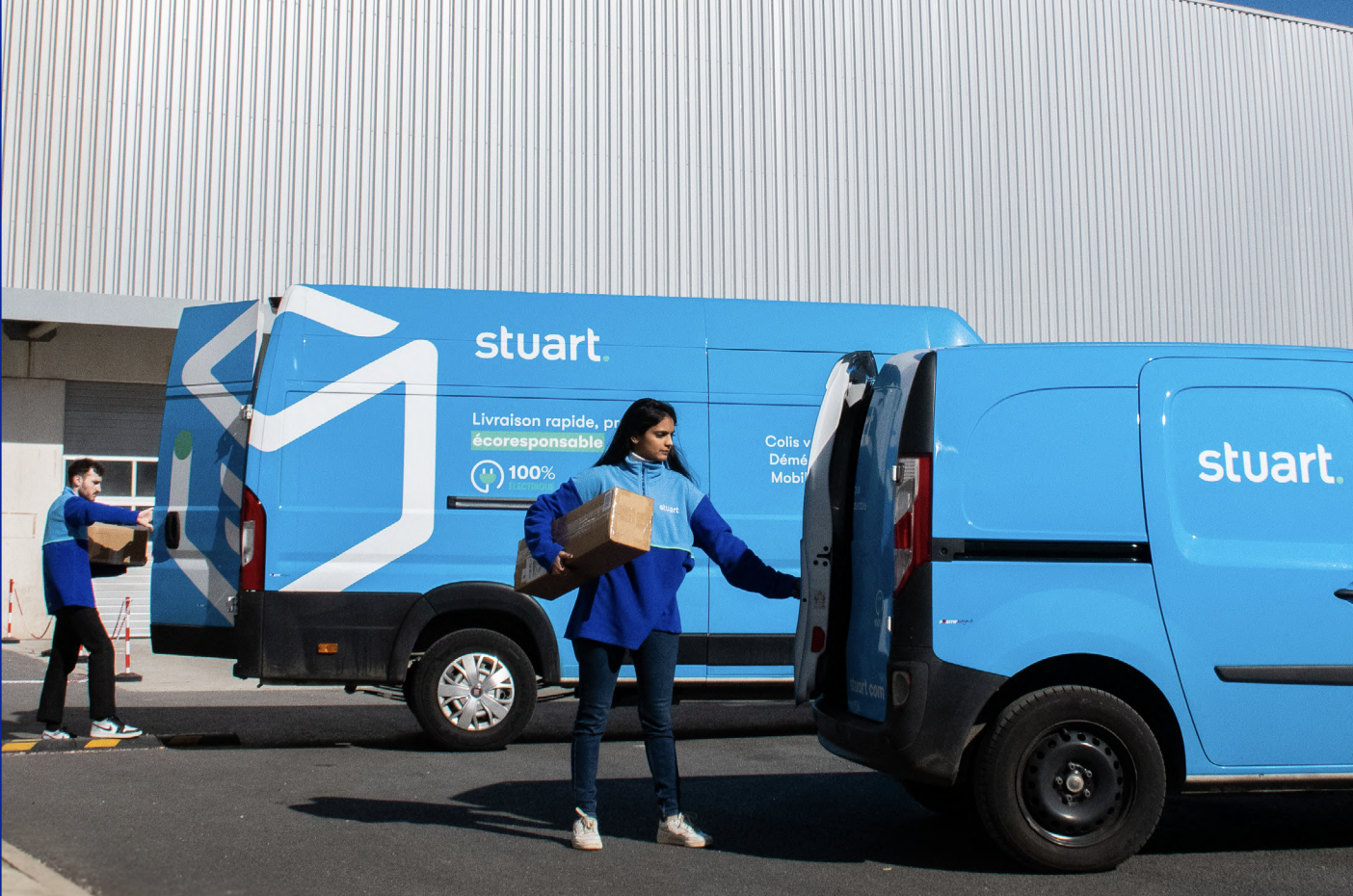Next today reported strong sales for its latest financial year, although it warns as yet there is no way of predicting how the coronavirus pandemic will affect it.
Next chief executive Simon Wolfson said: “When the pandemic first appeared in China, we assumed that the threat was to our supply chain. It is now very clear that the risk to demand is by far the greatest challenge we face and we need to prepare for a significant downturn in sales for the duration of the pandemic.”
He said that while online retail sales were likely to fare better than store sales, “people do not buy a new outfit to stay at home”. He added that homeware and childrenswear sales seemed less affected than adult clothing. The retailer has modelled sales losses of up to £1bn – equivalent to 25% of its annual turnover – and says that even at that level the business could remain within its current lending facilities. It is now turning to videoconferencing and online communication as it works on ranges for the end of the year. It called on the Government to act fast to support the salaries of store staff as the “employer of last resort”.
The update came as the retailer said sales of £4.2bn were up by 2.4% in the year to January 2020, at a statutory level after a shift to new accounting standards Online sales of £2.1bn were up by 11.9% on last time, while its store-based retail sales were down by 5.3%. Pre-tax profits of £748.5m were up by 2% on last time.
It’s clear from the figures that business at Next, an Elite retailer in RXUK Top500 research, was already changing fast before the coronavirus hit. Here’s a look at its wider multichannel strategy, outlined in today’s figures, from the way customers are changing their buying behaviour to its deal to build a website based on its own for its first retail client, and the changing role of its stores.
Changing customer behaviour
Even before coronavirus, customer behaviour was changing fast at Next. The fashion to homewares retailer says that online offers shoppers “unprecedented levels of choice without requiring them to travel to physical stores”. Customers, as a result can now find goods they previously could only have found in major shopping centres.
“We believe that it is this proliferation of choice that is the most important advantage that the internet brings to the consumer,” said Wolfson in today’s full-year statement. “Of course, the ability to deliver goods to a customer’s home plays an important part in the service online provides. But nearly fifty percent of our orders (by volume) are delivered to our stores. So for many people the overriding factor is choice, not the convenience of home delivery.
“If online trading were only about home delivery, we might reasonably expect high street sales to stabilise and the split between online and stores to reach a point of equilibrium relatively soon. But if the driver of change is choice then, in our view, that equilibrium is likely to be a long way off and we are preparing ourselves for many years of transition.”
At the same time, said Wolfson, the internet has also allowed brands to reach more customers, and lowered the barriers to trading for smaller and niche brands. That presents challenges to larger more established retailers with the cost of running stores.
Supplying technology to third parties
Over the last year the retailer has invested in its own website’s speed and performance, while also developing a marketing system on its site to target relevant products and brands to its customers. It is modernising the software supporting its own website at a cost of £12m over the next two and a half years, and is building its first Total Platform bespoke website for a third-party retailer – as it joins retailers such as Ocado and Amazon in selling its technology to third-party retailers as well as goods to its own customers. The website, for an unnamed client, will link into all elements of Next’s platform and fulfilment, enabling it to handle warehouse management, deliveries, call centre and returns for the retailer. The client – and others in future – pays via fixed commission on total sales.
The role of stores
Next sees its stores as supporting its online business, acting as hubs for online orders and returns. In its latest year, its online customers collected nearly 50% of their orders in branches of Next, and brought 80% of returns in-store. The retailer is currently focusing on handling returns in-store, folding and packing items so pristine stock can return to the warehouses and be immediately available to sell. Items that are in highest demand are identified and prioritised when they are returned to the store via the till. More delivery vans are visiting stores every day, to collect online returns. Store shift patterns are also being reorganised around delivery schedules and trading patterns.
Supply chain challenges
In the light of the coronavirus, Next says that 27% of its suppliers are based in China, while 47% of its suppliers use components that are sourced from China, from fabric through to buttons and zips.
So far, it says, half of the goods expected from China in February are running late, and stock levels are expected to improve during the year. “As yet we do not know what impact the virus will have on our other key territories, though at present it appears that the virus is not having a significant impact on warmer territories,” says Next in its full-year results.
It added: “In reality, the threat posed to the supply of goods pales into insignificance when compared with the potential impact on demand. Indeed, the inability of some suppliers to make and deliver the stock we have ordered may help manage stock levels at a time when we are certain to have higher than normal levels of surplus stock.”
Image courtesy of Next









